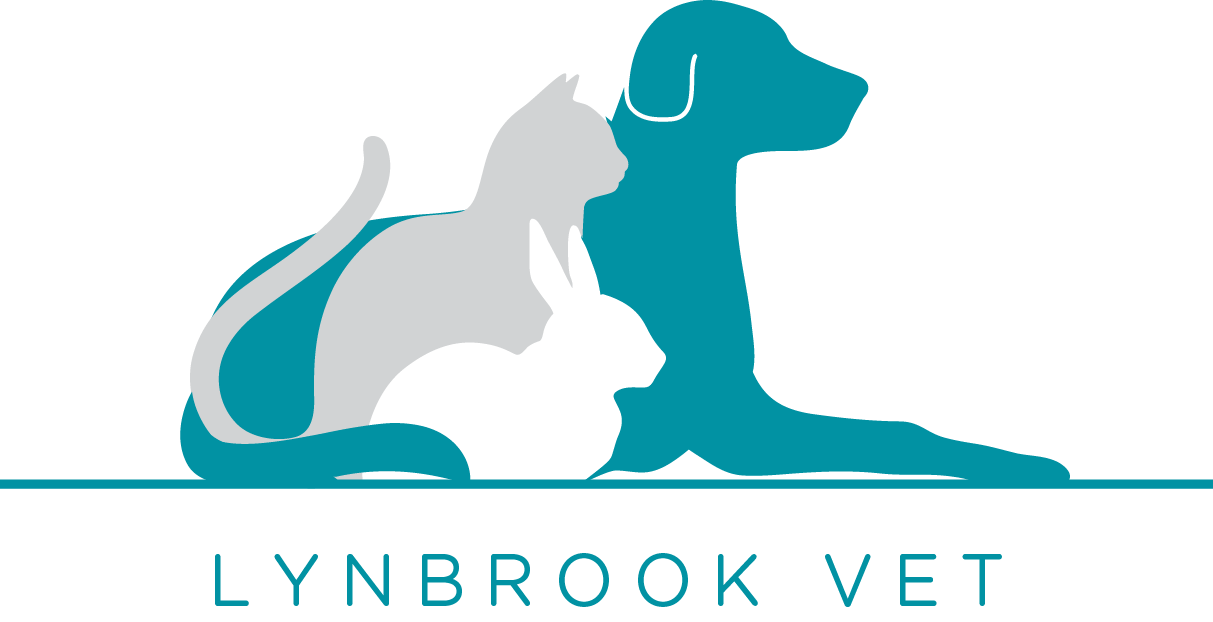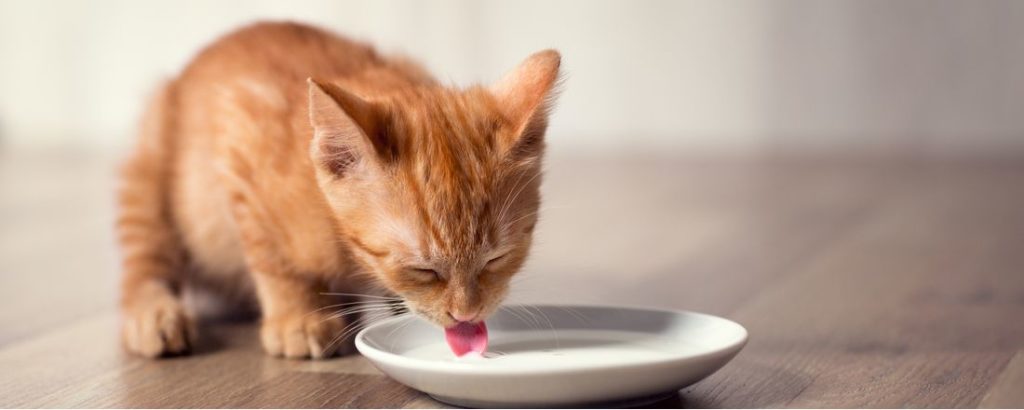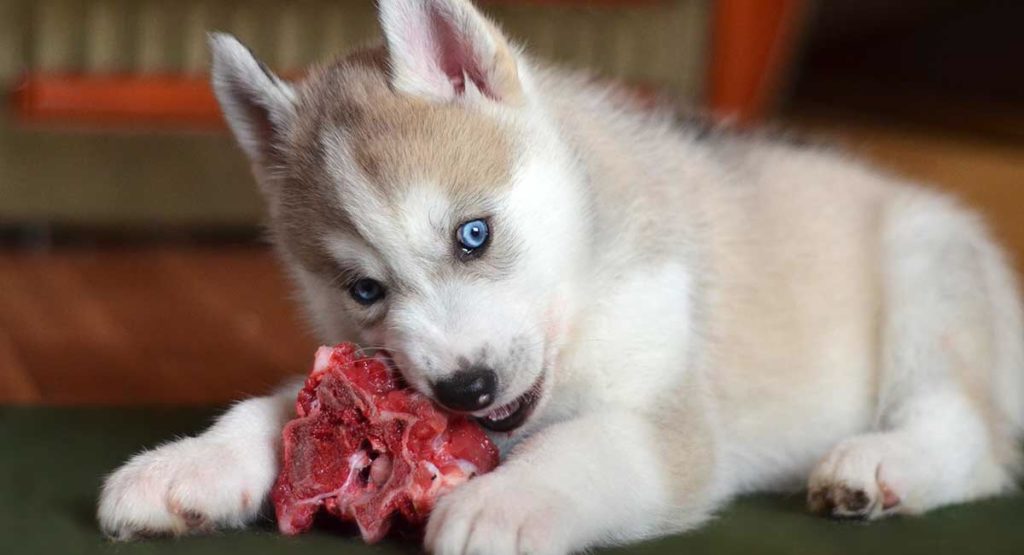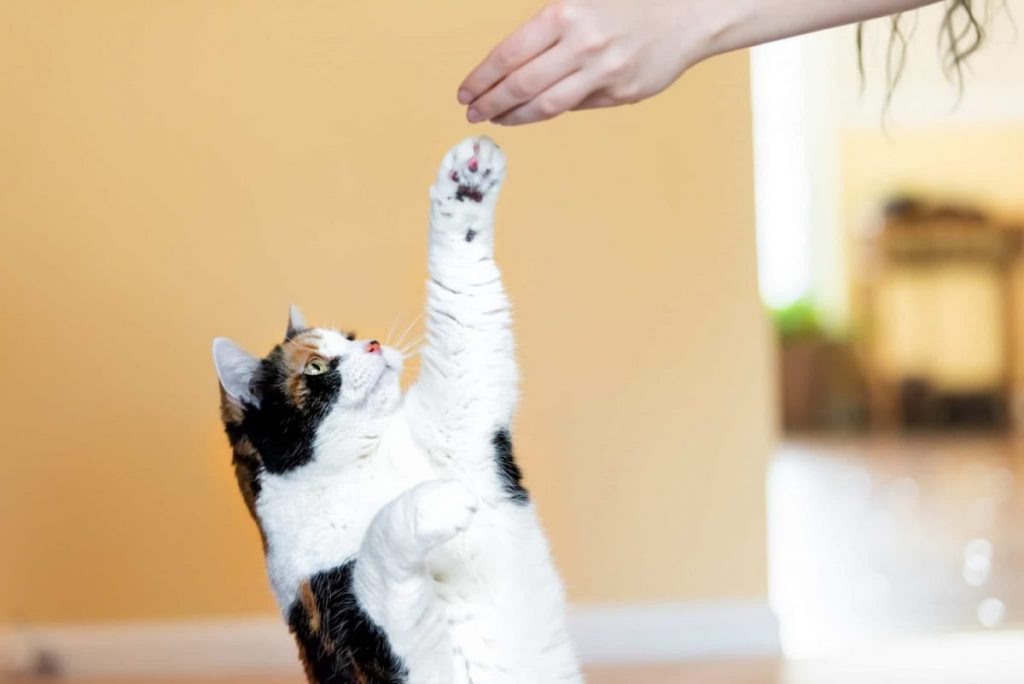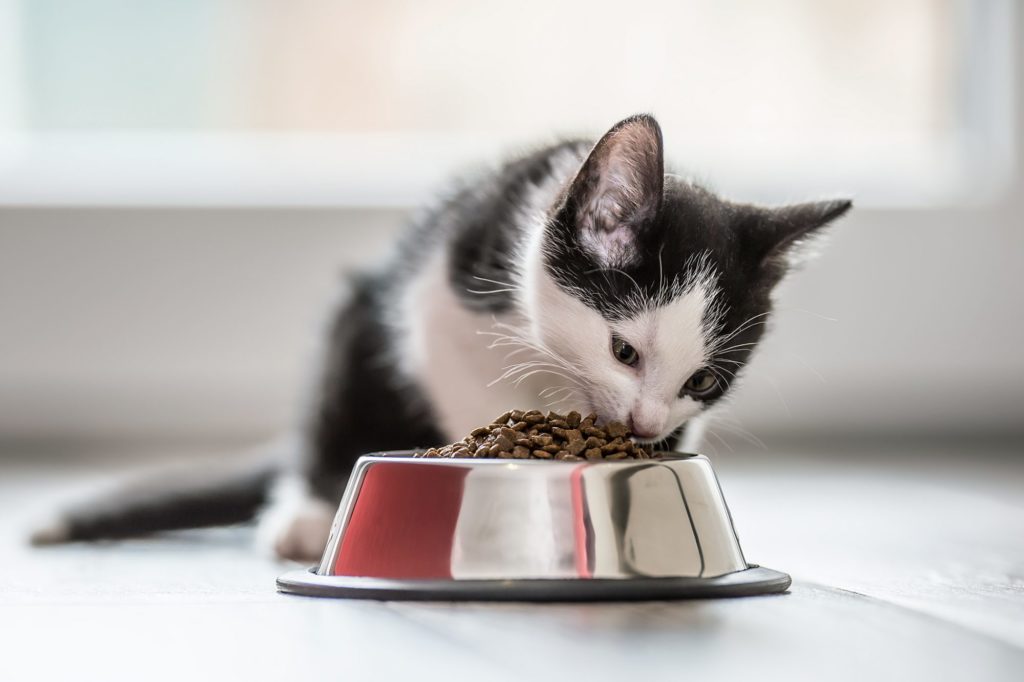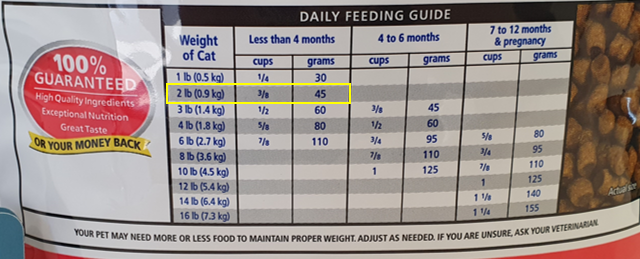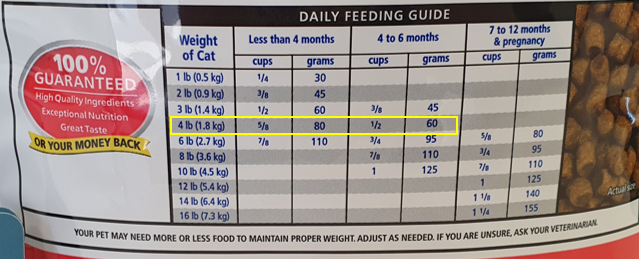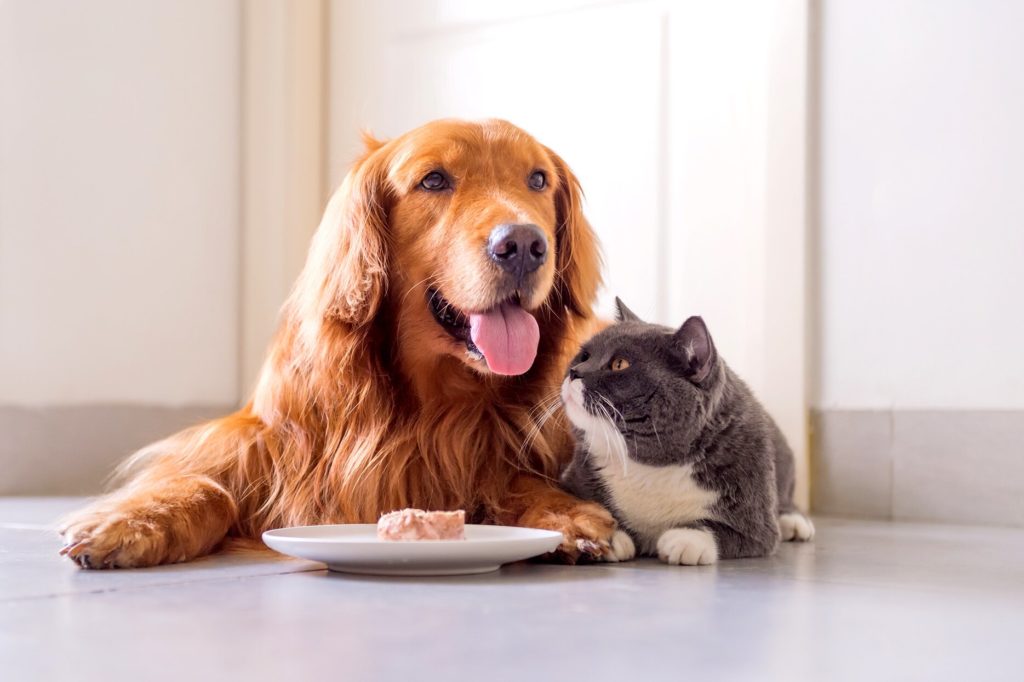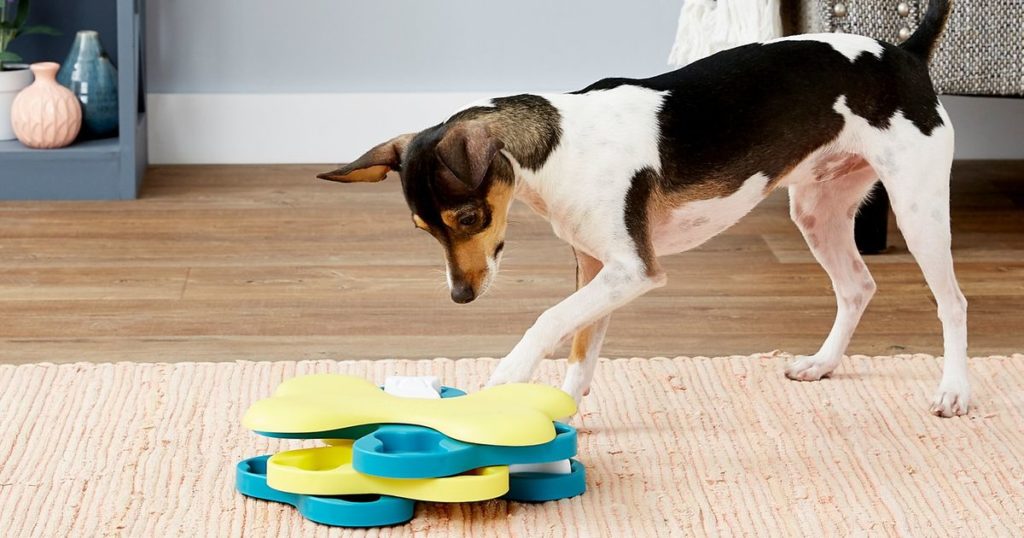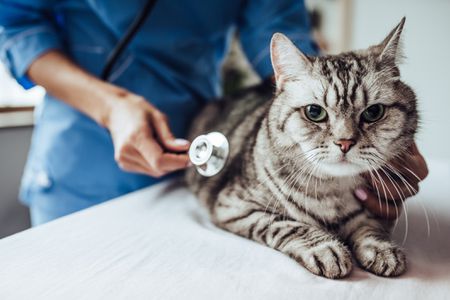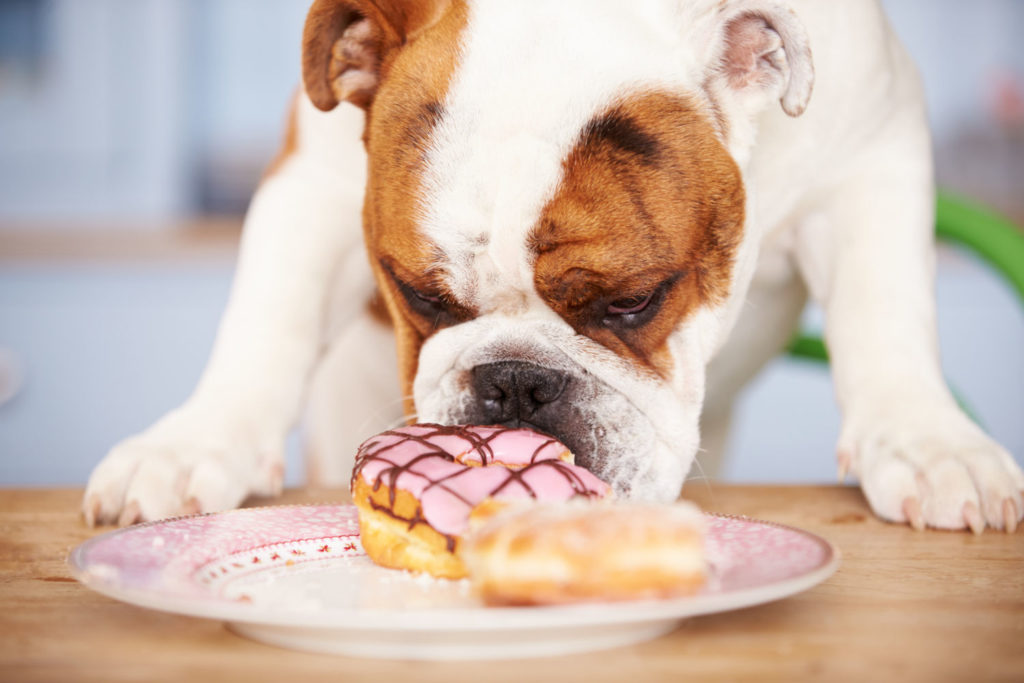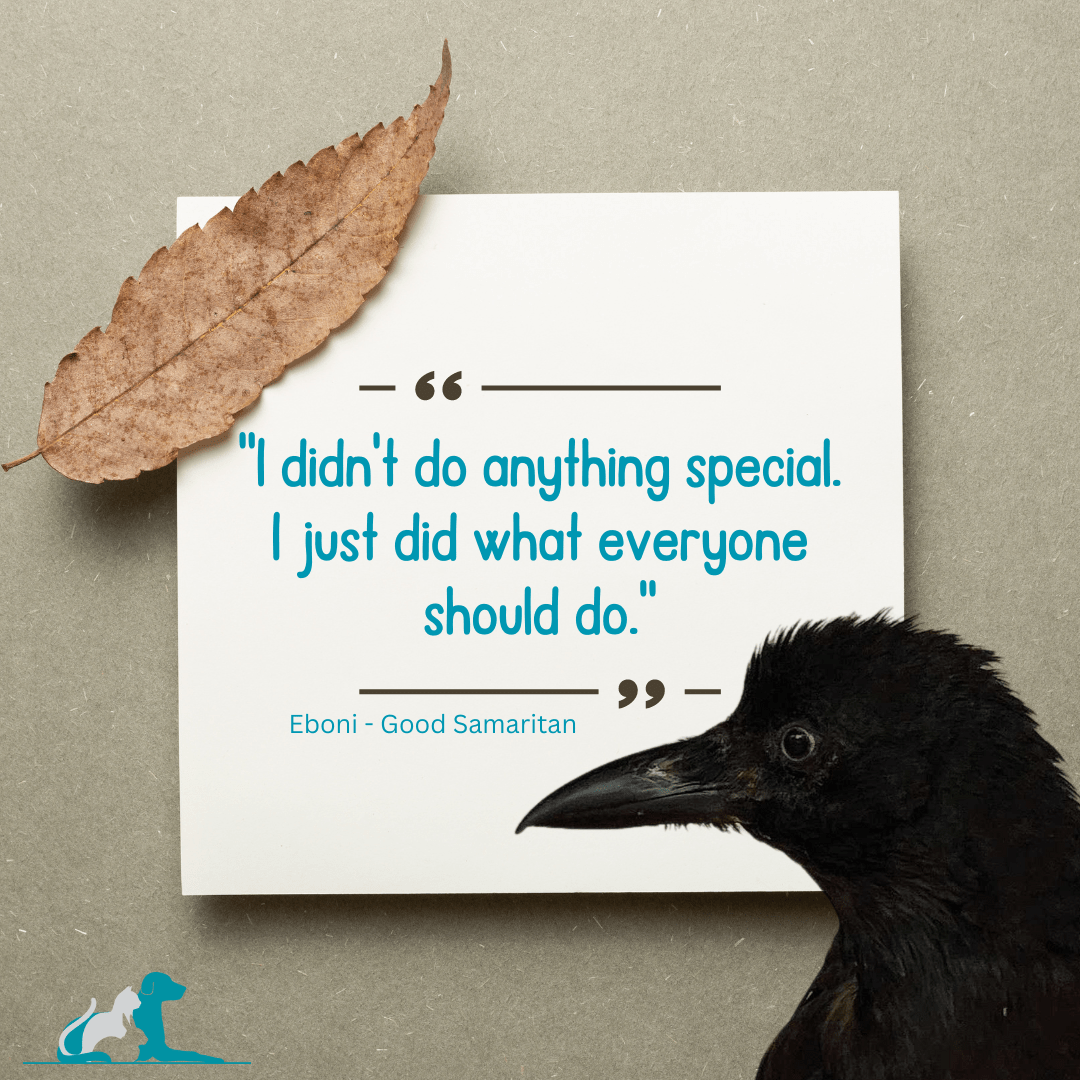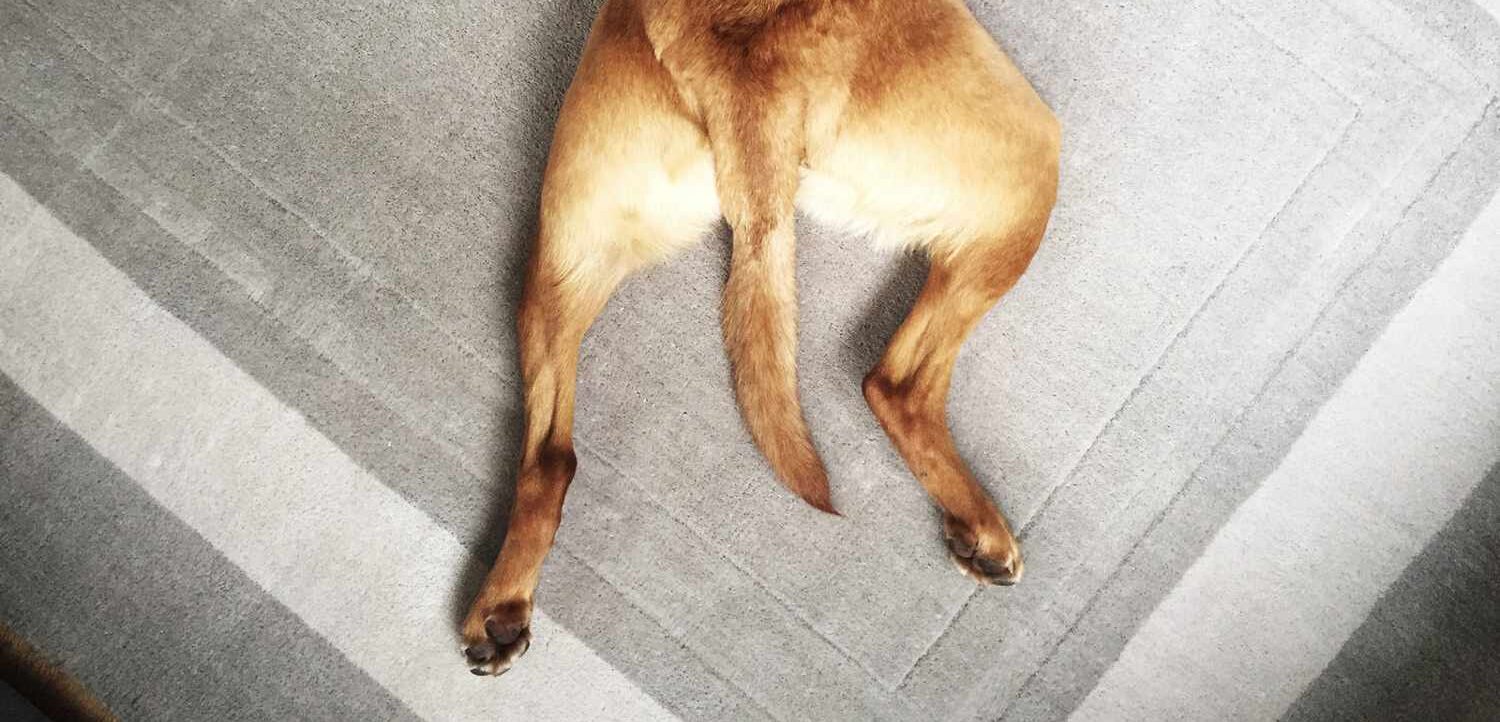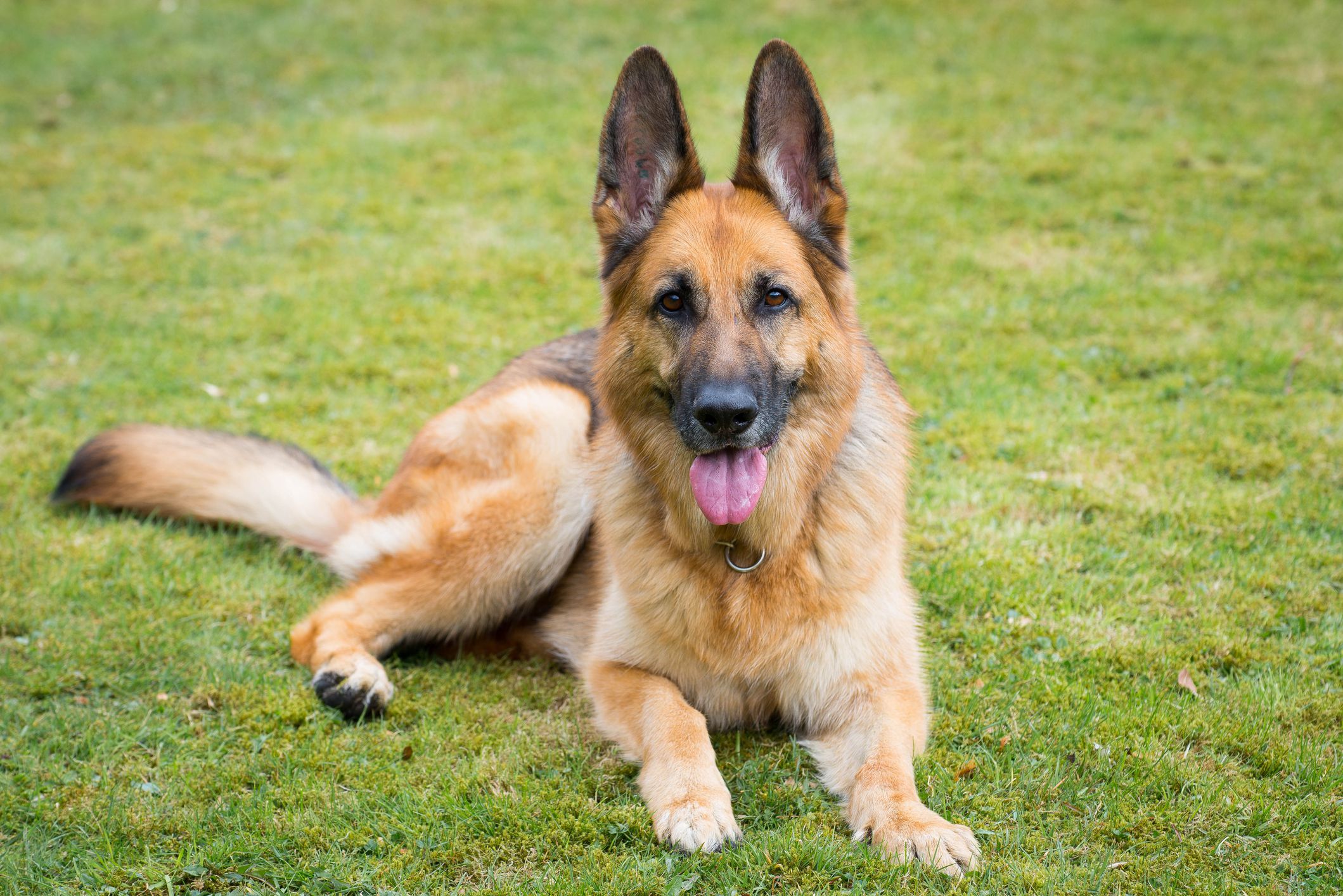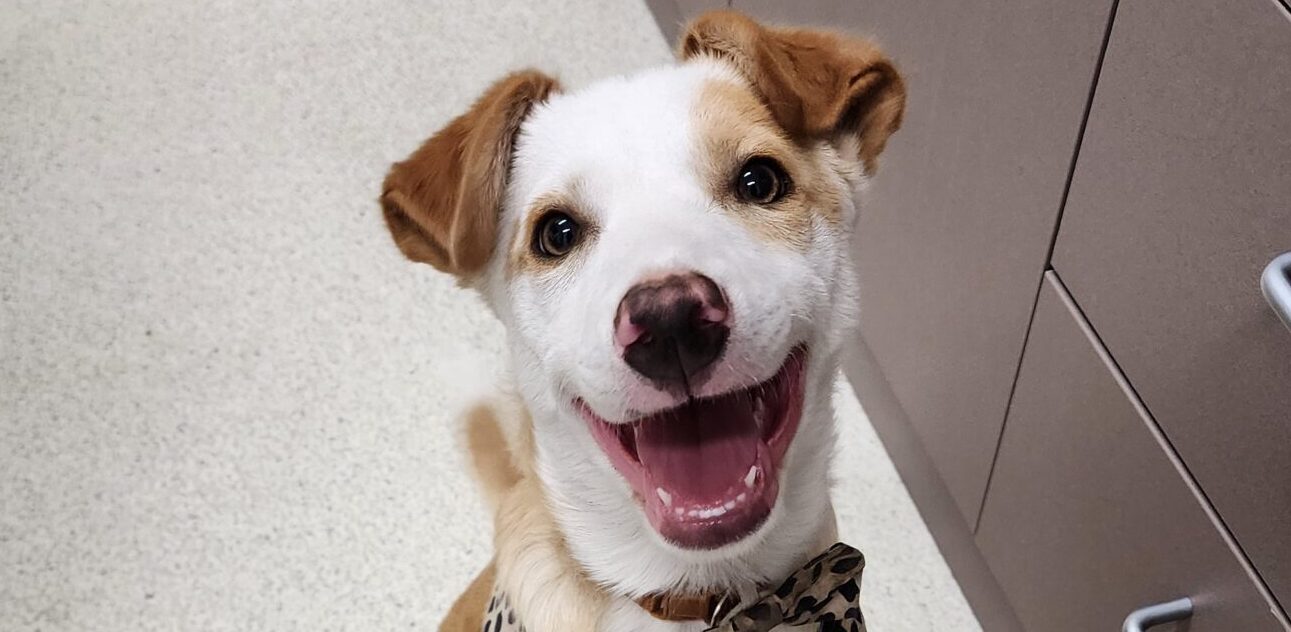“How much should I feed my puppy?”
“What should I feed my kitten?”
“How often should I feed my dog?”
These are questions we get asked every day and there is no definitive answer.
What you feed your pet depends on a number of factors such as age, activity level, breed, type of diet and any medical conditions.
So let’s break things down.
How much to feed a puppy or kitten?
A new puppy or kitten requires more frequent meals to accommodate for their growing bodies. We usually recommend feeding them 3 times a day until they are around 6 months old. After this point, feeding twice daily is perfectly fine.
When feeding a puppy or kitten, it is important to use a fully balanced diet.
We recommend purchasing your baby’s food from a vet clinic or pet shop, where you can get the right information, tips and advice suited to your puppy or kitten. Foods such as dry kibble and tinned food come in a range of options, but we would recommend sticking to a premium or super premium food such as Royal Canin or Hills.
Feeding a good quality food means your fur baby will be receiving all the nutrients they require as the companies behind these brands put in the hard work, calculations and science to ensure their food meets your pet’s requirements. All you have to do is check the feeding guide on the back of the pack! Simple!
Do puppies or kittens need milk?
Puppies and kittens do not need milk! Once a puppy or kitten has been weaned off mum, they should be well and truly able to eat solid foods. Store bought pet milks are often high in fats with the low nutritional value and provide no real benefit to your pet. In fact, it may increase your baby’s chance of having runny poo and more frequent ones too!
Can my puppy or kitten eat raw meat?
Feeding raw at this age is strongly not advised as there is no real way of determining the amount of calcium, DHA & phosphorus your baby is receiving in their diet and this can have detrimental effects on their growth, health and well being. Often when people choose to feed raw diets, they over supplement which too can have detrimental health effects such as bone deformities and mental impairments.
Feeding a balanced, scientifically calculated diet means there is no need to supplement a puppy or kitten as the food is of good quality and fully balanced.
Now, a puppy or kitten will often have days where they play nonstop! These days, they may require a little more food than what is suggested on a feeding guide and on the contrary, on a day where they’ve lounged around and have slept the majority of the day, you may find they only need the amount of food that is recommended on the packet, maybe less!
What about treats?
Let’s also talk about treats. We love our pets and we love to spoil them! We treat them to yummy snacks which can lead to overfeeding. On days where we feed extra snacks, we should be reducing the amount of food they are fed on those days, to help compensate for the extra calories they’ve already consumed keeping in mind it is dependent on the situation.
For example, if you had taken your dog out for a run and used treats as motivation to keep them focused on you and not their surroundings, well your dog has probably used enough energy to work off those treats and still requires a full meal at dinner time.
But what is a full meal? Well, this is where feeding guides come into play.
Feeding Guides
Feeding guides are as the name suggests, a guide! They will vary pet-to-pet and on a case-by-case basis, but they are a fantastic starting point!
Every feeding guide is slightly different. Some are calculated by a pet’s weight, others by their age and expected adult size. Because of this, it is important you really study and understand the guide before you start feeding. It is also important to note that the amount of food your pet needs will change as they grow, gain weight and age.
See below an image of a feeding guide for the Hills Vet Essentials Kitten food.
For a kitten under 4 months old and weighing just under 1kg, Hills recommend feeding 45g. Now do note beside this there is a section that says how many cups. A big mistake most people make is to assume that when a company talks about a ‘cup’, they mean so in the metric term of 250g. This is usually not the case.
Hills like a lot of pet food companies, have their own specific cups and this number displayed on the bag refers to their cup so it is important whatever brand you purchase to clarify. The safest option is to weigh your pet’s food first and mark this on your own cup if one didn’t come provided. Be mindful that this amount you feed the kitten will change as they grow.
A few months have gone by and our kitten is now 5 months old and weighs in at just under 2kg.
We move on to the next section of the feeding guide.
The feeding guide now tells us the kitten now requires 60g of food. It is important to mention that this guide is fed ‘per day’. So that may mean 30g for breakfast and 30g for dinner.
As we mention, these numbers are just a guide and may need adjusting depending on your pet’s energy levels.
What kind of food should I get for my pet?
Selecting foods for your pet can be hard. You walk down the pet food isle at the supermarket and see a huge range of food marketed towards your pet. And let’s not get started on the flavour options! You read ‘chicken and gravy’, ‘roast lamb and vegetables’, ‘grain free turkey and turmeric’, ‘gourmet meatballs with angus beef, sweet potato and green beans…. the list goes on and it makes your mouth water, that is, until you remember we’re talking about pet food!
So why are there so many options?
We as humans are very good at shopping for food based on what we as a person enjoy and automatically assume our pet’s will feel the same. We as humans, are also very good at marketing and the variety of flavours and food types available to our pets are just a good way to get us buying from the shelves.
If you look at the premium and super premium brands you get from Vets and pet shops, you’ll find they often don’t even display a flavour. Sure, some pets will have a flavour preference, but they don’t think the same way as you or me. A pet’s preference is only formed when they are offered a variety of foods and flavours to choose from.
One of the biggest mistakes we as pet owners do is chop and change our pet’s diets when they seem to become fussy and uninterested. This often leads to further fussiness and can become frustrating and worrying for us as pet owners.
Most puppies and kittens go through a stage where they seemingly go off their food. This usually tees up right around the time they’re teething, around 3 to 6 months of age. At this age we are also working on our new baby’s training, helping them learn to be a good member of the family. To do this, we often introduce motivators such as treats.
Well! If I got a bunch of yummy treats, I might learn pretty quick that there are better things out there then my usual dry kibble and I might just try and wait you out, to see if you cave with concern and offer me more of those treats. This my friends, is what we call ‘reverse training’. Our pets are often smarter than we give credit for!
Fussy or easily distracted pet?
If you find your pet is becoming fussy or distracted with their food, there are a few things you should do. Firstly, rule out any medical concerns such as illness or teething; you may want to speak to your vet about that one.
Next step is to spice things up a bit at feeding times. Why does your pet need to be fed in a standard bowl? Why not make feeding time fun and get your pet using their brain with a puzzle feeder or even a snuffle mat? You could even try a KONG® food dispensing toy or a lickimat for tinned food.
Keeping your pet occupied and mentally stimulated may mean they are more likely to be interested in eating their food as it becomes more of a game and is fun!
What if my pet has a medical condition?
Some medical conditions require changes to the way we feed our pets.
Animals who are prone to pancreatitis for example will require a diet low in fats compared with a patient diagnosed with liver failure who will require a diet low in protein but high in fats.
Being aware of your pet’s medical condition and requirements can increase life expectancy and quality so it is important to discuss this information directly with your vet.
What NOT to feed your pet
The only thing left to talk about is what not to feed your pet. There is quite a list but the most common dangerous foods can be found by clicking here for cats and here for dogs.
If you ever have concerns about how much you are feeding your pet and want to learn more, please don’t hesitate to contact our team on (03) 8373 0301.
